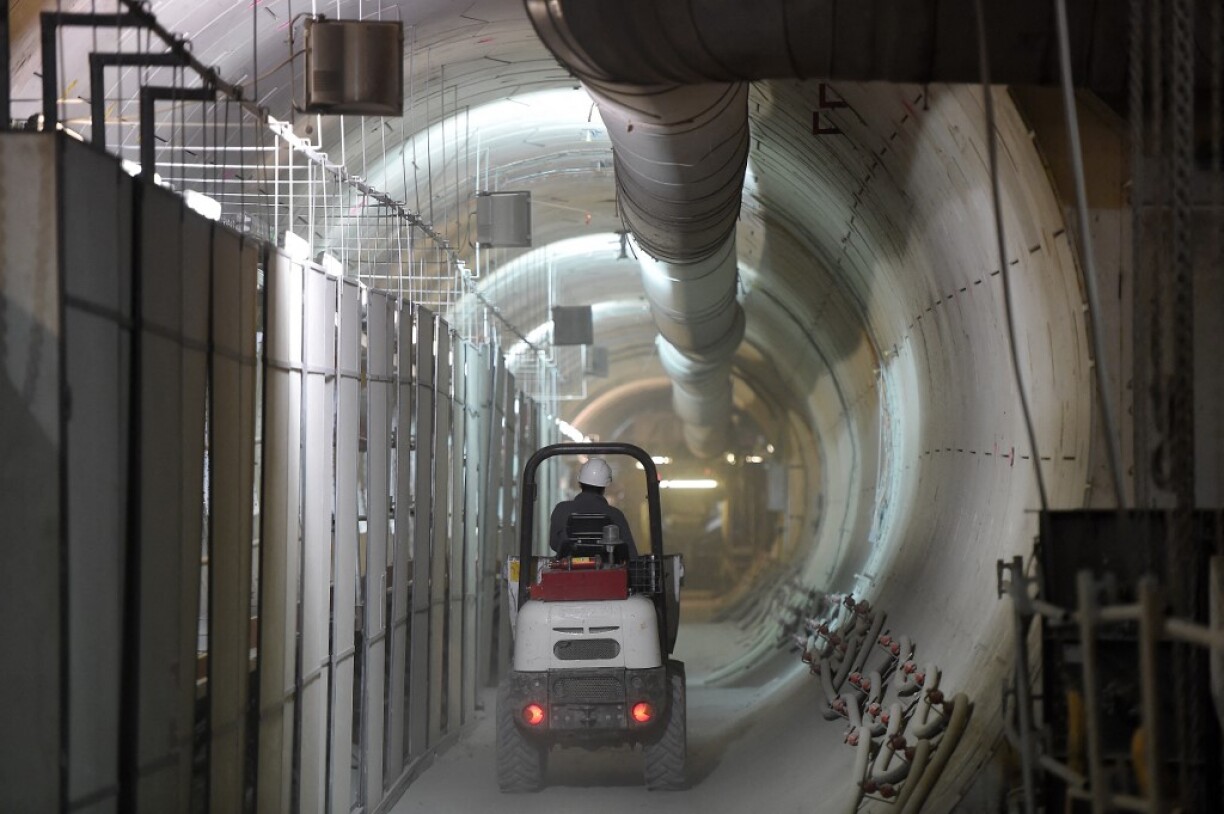
The Council determined that the environmental and health safeguards in place are sufficient, meeting the stipulation for the repository to be reversible.
The Constitutional Council had previously affirmed the project’s constitutionality, emphasising the importance of choices that do not compromise future generations’ ability to meet their own needs.
In July 2022, the French government had designated Cigéo as a matter of public interest, granting it exemptions from standard planning regulations.
The decision followed a request for annulment from local residents and associations, contending the declaration’s validity.
This declaration of public interest would “provide the French National Agency for Radioactive Waste Management (Andra) with the authority to secure land rights and potentially utilise expropriation if required for the project’s surface and underground components,” the petitioners argued.
A collective press release, featuring signatures from ten local residents and around twenty organisations, including Attac, the Farmers’ Confederation, and Greenpeace France, strongly criticised the French Council of State’s endorsement of the Cigéo radioactive waste disposal project.
Denouncing it as a “blind confirmation” of the government’s choice to designate Cigéo as a project in the public interest, opponents highlighted “uncertainties and imprecisions” in the impact study.
They stressed the dearth of information on environmental and radiological impacts, project cost, the precise inventory of radioactive waste, measures for risk control and safety, and the feasibility of recovering waste for future generations.
The Council of State, however, deemed the public inquiry file “sufficiently complete,” citing extensive scientific studies conducted in Andra’s underground laboratory at Bure.
The measures proposed to address significant negative effects on the environment and human health were also deemed “sufficient” by the court.
The Cigéo project aims to store a minimum of 83,000 m3 of highly radioactive waste in the clay subsoil of Bure by 2035-2040.